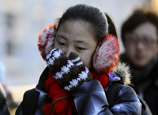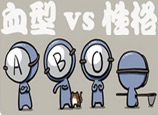
 |
| (Photo/Xinhua) |
CHANGCHUN, Jan. 16 (Xinhua) -- Wang Zhiren, a farmer in the agricultural province of Jilin, does not know what the word "middle-class" means. However, Wang's life is typically middle-class: he lives in a three-bedroom house with a garage, drives a sedan and shops in urban department stores.
Wang's family earned 100,000 yuan (16,090 U.S. dollars) last year from growing rice on dozens of hectares of land in northeast China.
Many hope that emerging rural consumers, such as Wang, will unleash their purchasing power like urbanites did during the last decade, as China is in urgent need of shifting its economic driving force from investment to consumption.
The income gap between urban and rural residents narrowed in the past few years, bringing down the urban-rural earning ratio to 3.13 in 2011 from the 2009 reading of 3.33.
Twenty-nine out of 31 provincial-level governments said income growth of their rural residents surpassed that of urban dwellers for the Jan.-Sept. period last year, official data showed.
China held its annual Central Rural Work Conference in December, one month after the 18th National Congress of the Communist Party of China (CPC) elected its new leadership.
Agriculture Minister Han Changfu told Xinhua that the conference pledged to put more efforts in boosting farmers' earnings in the "income doubling program" promised during the 18th CPC national congress.
The five-yearly congress adopted a resolution saying by 2020, the country's per capita income should be double that of 2010.

















 'Sister House' case urges efforts in combating corruption in affordable housing
'Sister House' case urges efforts in combating corruption in affordable housing


![]()
